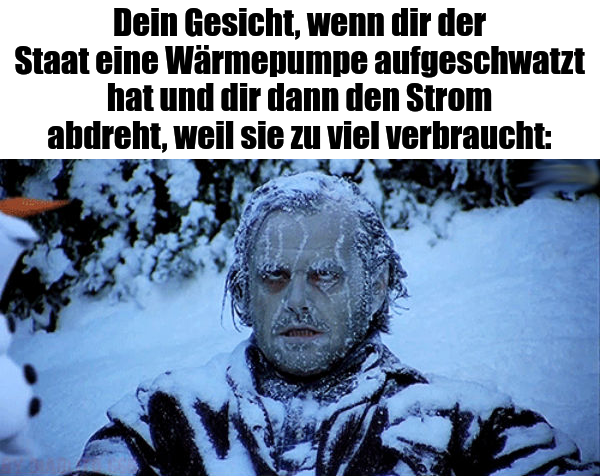Web 3.0 hasn't really started yet and Hollywood is under fire. Disruption is coming to the entertainment industry in a major way. When Web 3.0 hit, it will only accelerate the demise.
In the past, we discussed how after Web 2.0 takes out Hollywood, it will be Web 3.0 turn. This stems from the fragmentation of the industry that is already taking place.
The net result is Hollywood is in contraction. Some are attributing it to a rough stretch where movie studios lost money on films. There are all kinds of reasons given for that. What is rarely discussed is the destruction of the entire process.
Instead of pointing to minor events, the disruption from technology was going unnoticed. This is not likely to last any longer.
Job Losses Mounting
Do you remember the Hollywood strikes in 2023? Both the writers and actors walked in an effort to get better deals. Part of the dispute was regarding artificial intelligence.
Like most technological threats, known tactics were used in attempt to thwart the threat. It should come as no surprise that it failed.
When it comes to technology, a piece of paper is not going to protect anyone. Yet, many rejoiced at the deal struck by the unions and how well they made out in the negotiations.
That viewpoint is not looking good in hindsight.
Both writers and actors, the two unions that struck, are feeling the pinch. Here are headlines from two stories detailing what is taking place.


It is not even a year since these deals were struck and both parties are having issues. Naturally, those who are at the top of the industry are not having problems. The writers got the movie studios to agree to have more writers on each project. This means the costs went up. Therefore, the tendency is to go with the talent that is proven to produce success.
As the second article details, that is leaving the lower rung out. These people no longer find opportunities.
Many believe this is simply a cycle that people have to weather. The industry will return. Here is where I disagree simply because the industry is not in trouble. Entertainment is doing very well. What is suffering is Hollywood.
Technological disruption tends to cause people to misread what is taking place.
Fragmentation of Attention
The problem for Hollywood is the monopolies it enjoyed are ending. To me, there are two big areas:
- content creation
- content distribution
We covered both of these in the past so we won't go too deep.
The second was started with the Internet. Hollywood (and New York) studios controlled the distribution channels. Individuals or starts ups were not about to compete with the major networks or movie studios. They had the ability to get the content out there they wanted.
YouTube was the first major disruption. This was basically the microcosm of the Internet as a whole. For much of its history, this medium was crushing print media. It was the easier media type to attack. YouTube started the process of shifting video.
Which brings us to the first monopoly: content creation.
Major entities still have a monopoly on this. It is basically impossible for anyone today to make a feature length film of the quality of Warner Bros. The key word here is today.
What YouTube proved is that, over time, the ability to create better quality content expands. As more technological tools become available, people take advantage of this.
A third factor that also should be considered is the idea of "good enough". Here is where the Internet shifted expectations.
For example, with blogs, few expected the quality of a traditional news outlet. That said, while the writing style might have lacked, people were concerned with the information. The article was "good enough" to convey the message.
We saw that with video. Few on YouTube are of the same quality as a major broadcasting outlet. This does not matter as evidenced by the millions of hours of YouTube content consumed daily.
Hence, we saw a massive fragmenting of attention.
The Threat of Web 3.0
Web 3.0 offers something that is even more interesting.
This is not a threat from the usual technology standpoint. What is being created, at least for the moment, is akin to the rest of the Internet. In fact, the next big move is with content creation due to AI more than anything Web 3.0 will do (although AI is a part of it).
Where Web 3.0 will cause a major shift is in the ownership mechanism.
We can already see how users can have stake in both networks and platforms. This means they have financial benefit tied to the success of those ecosystems. This is a radical difference as compared to the Web 2.0 model. It is even a further shift compared to the traditional broadcast television (and movie) model.
The key to the future, like the past, is drawing attention. How does one go about getting the eyeballs? The answer to this question is not going to be resolved like it was in the past.
My view is this will cause an even greater bleed. It will also provide those who are presently involved in Hollywood with different opportunities. Of course, to take advantage, they have to be aware of what is taking place.
What we have is decentralization and distribution. We are seeing the old model decay before our eyes. Even YouTube is having to adapt due to other video platforms showing up on the scene.
Over time, my forecast is Web 3.0 keeps being built out to the point where it is indistinguishable from other digital platforms. However, there is going to be the ownership mechanism which will be known to those involved. This will tend to draw the attention to where people have stake.
Does this mean Hollywood is going to collapse?
No. What we are likely to see is a slow decline. Each aspect will contract as viewers and personnel move elsewhere.
For now, Web 2.0 is the threat. Eventually, Web 3.0 will be the nail in the coffin for Hollywood.
Posted Using InLeo Alpha





